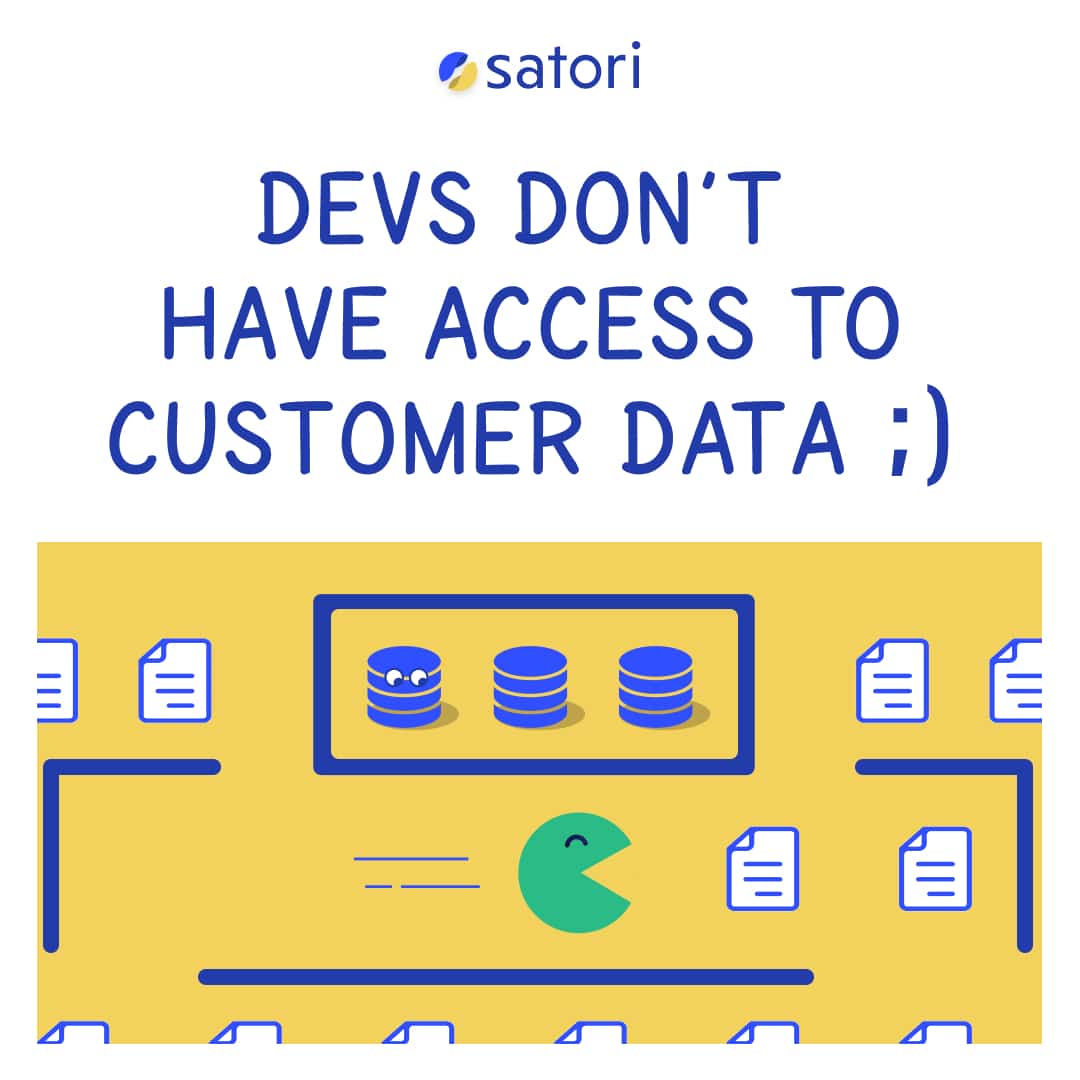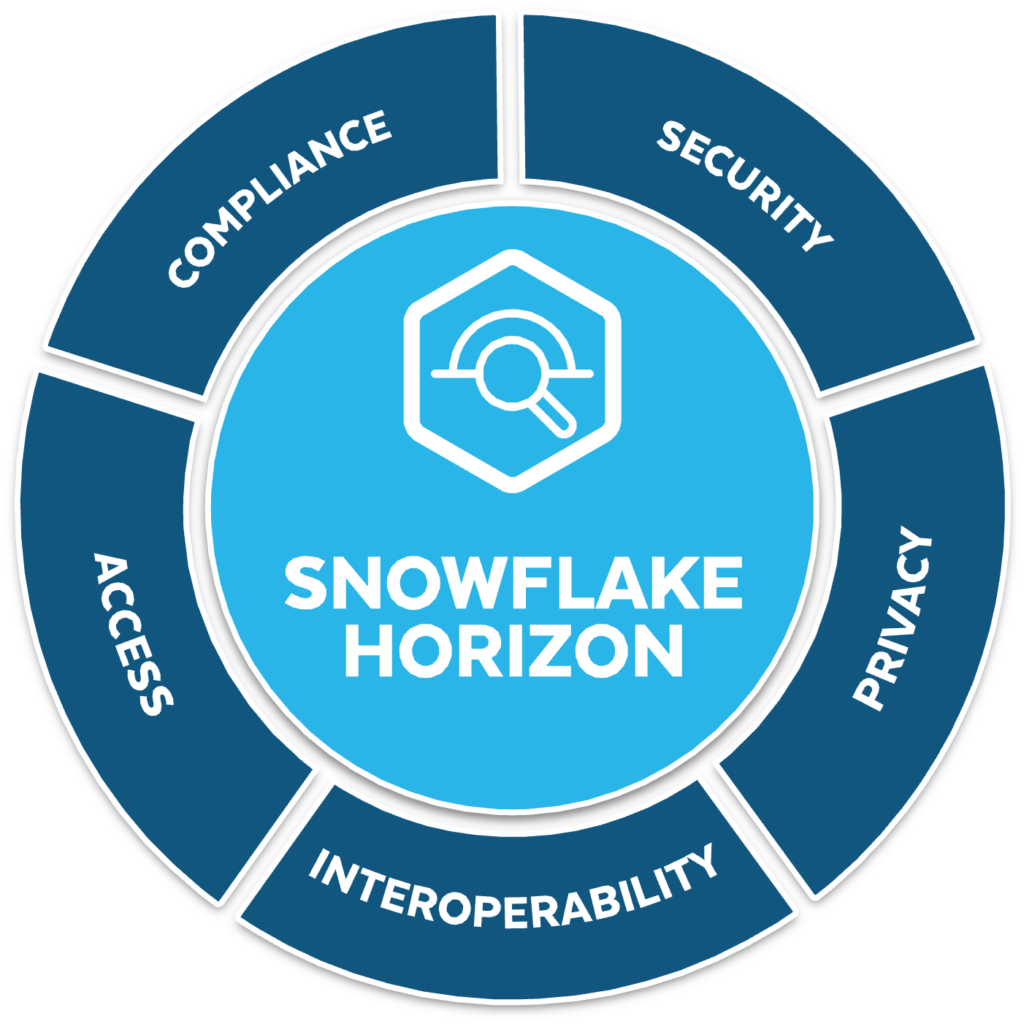Data has become the most precious asset of many firms as the business world has gotten increasingly digital. The need for instantaneous information and solutions has made it almost impossible to work based strictly on physical or even locally digitized data.
The world is changing rapidly, and if you do not continue to advance with it, you and your company will get left behind.
So, due to the increase in data digitization, adapting to a cloud-centric infrastructure has many advantages in cost reductions, ease of setup, and time savings. Still, it also introduces new obstacles for IT teams, especially in keeping cloud data secure.
In this article, you will learn:
What is Cloud Database Security?
Cloud security is a set of security measures designed to protect cloud-based infrastructure, applications, and data. These safeguards protect data privacy by ensuring user and device authentication, data and resource access control, and data access control. Moreover, they also assist with keeping data compliance requirements.
In essence, Cloud Database Security protects a company’s data from data breaches, distributed denial of service (DDoS) attacks, viruses, hackers, and unauthorized user access or use in cloud environments.
The Importance of Cloud Database Security
Because most businesses are currently adopting cloud computing in some way or another, cloud security has become quite crucial.
IT professionals are still wary of shifting more data and apps to the cloud because of security threats, governance, and compliance challenges when data gets kept in the cloud. They are concerned that extremely sensitive data and intellectual property could get compromised due to unintentional leaks or more sophisticated cyber attacks.
A significant cloud security component is business content and data protection to solve this issue. Preventing data leaks and theft is vital for retaining your customers’ trust and safeguarding the assets that contribute to your competitive advantage. The capacity of cloud database security to protect your big data store and support is critical for any firm moving to the cloud, such as Google cloud storage.
Cloud Database Security Issues & Challenges
Many of the same dangers that impact cloud technology also harm cloud database systems. However, the consequences can be serious if left unchecked due to enormous amounts of potentially sensitive data held in databases and the lack of security controls.
These network security issues and challenges, while not exhaustive, give an idea of the types of threats that network managers may face as firms embrace large-scale cloud database storage systems.
Data Breaches
Data breaches are probably the most prevalent threat to cloud databases, as reported in the media. In a data breach, hackers get forced access to sensitive data stored in the cloud environment and use it for their benefit.
Without a doubt, data breaches are becoming more catastrophic as more information is stored online in a single area, possibly harming millions of customers or employees at once.
Account Hijacking
An attempted hijacking (or takeover) involves intruders trying to gain entry into a user’s account through phishing or exploiting vulnerabilities in software security systems to uncover passwords.
When an intruder obtains a user’s account login credentials, the intruders typically change the password, preventing the user from gaining access control to their accounts and jeopardizing the entire identity and access management. This option means that you can access any files or other information kept in the user’s cloud without restriction, including database information that contains information on multiple users simultaneously.
Data Loss
When an attacker acquires access to sensitive information, another reasonable outcome is that the intruder will erase it to inconvenience the owner. If users do not retain up-to-date backups of their files, they may be permanently lost if someone or something tampers with them. When all files get hosted on a single cloud-based server, deletions can spread to all user devices, resulting in lost files at once.
Cloud Database Security Best Practices
To combat the issues above and challenges, here are some of the best practices for cloud database security:
Recognize Your Model of Shared Responsibility
The organization is liable for all security issues in a private data center. However, the public cloud is responsible for IT security. This legal stipulation gets referred to as a shared responsibility model.
Enterprises choosing a cloud vendor should read the company’s policies on shared security obligations and figure out who is in charge of certain parts of cloud security. This feature can prevent misunderstandings and misinterpretations. Moreover, clarity about responsibilities can help avoid security incidents due to specific security needs sliding through the cracks.
Inquire Specifically About Security with Your Cloud Provider
Beyond defining shared duties, enterprises should probe their public cloud vendors about the security mechanisms and processes. Even though it is simple to believe that the largest vendors have their security under control, security methods and procedures can differ dramatically from one vendor to another. A few of the questions you would want to ask are about identity and access management, specifically whether or not the solution provides role-based access or otherwise.
Create and Implement Cloud Security Policies
All businesses should have written policies that outline who can use cloud services, how you can use them, and what data you can store there. They must also specify the precise security methods employees must implement to protect data and apps stored in the cloud.
Security personnel should, ideally, have automated systems in place to guarantee that everyone is adhering to the policies. In some circumstances, the cloud vendor’s policy enforcement functionality may be adequate to suit the demands of the enterprise.
Conclusion
Thriving in today’s data-driven world is no easy feat. Thus, having a robust Cloud Database Security policy is essential, and you should implement it from the beginning of any database configuration.
Whether it’s analytical or transactional cloud databases, Satori’s platform will help you secure them in a simplified way.




